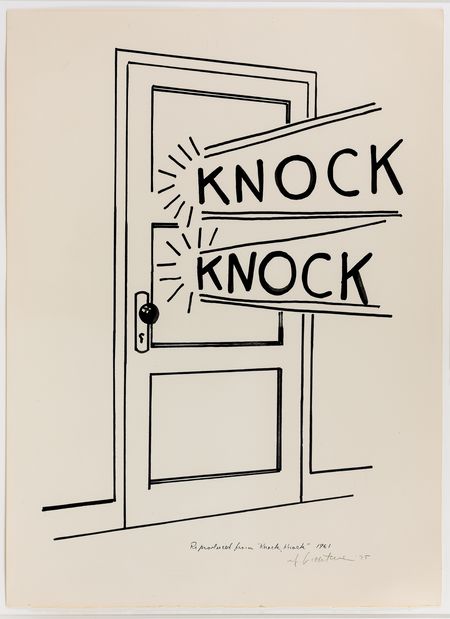How do you feel before speaking in public? Heart racing, palms sweating, labored breathing. This is a rather common situation and Mikael Cho, in his Ted Ed lesson, gives some useful advice to overcome the so-called “stage fright”.
Month: October 2013 (Page 1 of 2)
Success is the ability to go from failure to failure without losing your enthusiasm. Winston Churchill
![business-success-287x300[1]](http://diplolearn.files.wordpress.com/2012/11/business-success-287x3001.gif?resize=287%2C300)
image source http://goo.gl/YXhbU
The spread of social media has affected the way in which public institutions communicate with the public. Nowadays, governments have understood that social media have some benefits when used to be connected with citizens in a more transparent and accountable way, by communicating 1-to many rather than repeatedly 1-to-1. Social media are one of the few ways a government can directly and instantly receive feedback on its policies and decisions.
However, civil servants should be particularly careful when using social media, especially in their own time. In social media the boundaries between professional and personal can sometimes be blurred, and commenting on some issues could carry some risks, such as disclosing official information without authority or compromising the impartial service to the government.
For this reason, in UK Government Digital Service and Home Office have established social media guidelines for civil servants. The guidelines include these ten tips for using social media:
1. Have a clear idea of your objectives in using social media (behaviour change/service delivery/consultation/communication);
2. Learn the rules of each social media space before engaging;
3. Abide by the Civil Service Code and ask for advice if you are not sure;
4. Remember an official account belongs to the Department not the individual;
5. Communicate where your citizens are;
6. Build relationships with your stakeholders on and offline – social media is just one of many communication channels;
7. Try not to channel shift citizens backwards (move from email to telephone for example);
8. Do not open a channel of communication you cannot maintain;
9. Understand when a conversation should be taken offline;
10. Do not engage with users who are aggressive/abusive;
Read more on: http://bit.ly/KClufb
Image source: http://bit.ly/168Odoj
Ted Coiné lists his ideas on how to become a social media expert
- Focus on Your Passion, Rather Than on Social Media
- Use Social As a Tool (that’s all it is, you know)
- DO NOT BROADCAST! Don’t use social as a shouting platform, Talk to people
- Take Time to Tend Your Social Garden Every Day
- If You Want To Become an Expert (at anything), You’d Better Be Obsessed
And remember that you won’t become a social media expert by focusing on the media part of this medium. Focus on the social. Different media will come and go. The platform might go out of fashion, but your network, your friends, will still be around – they’ll migrate to a different platform, that’s all!
Read more: http://switchandshift.com/how-to-become-a-social-media-expert

image source: http://bit.ly/15SlkXy
A pessimist is somebody who complains about the noise when opportunity knocks. Oscar Wilde
Image source: http://goo.gl/J4GN7
In the 15th century, when modern diplomacy started to develop, the Italian Peninsula was fragmented into rival centres of power. Each one had his own interests to preserve and to encourage, but they shared common roots and habits.
Today the world has dramatically changed: multipolarity, globalization and shifting borders have filled international relations with cultural diversity and richness. As a result, the European-centred etiquette has been reached by a new one based on the observation of each country specificity.
In order to avoid gaffes here you find a useful link to cultural customs all around the world: http://www.ediplomat.com/np/cultural_etiquette/cultural_etiquette.htm
PechaKucha is a simple presentation format where you show 20 slides that display for 20 seconds each, so that the presenter has only 6 minutes and 40 seconds in all for his/her presentation.
The name comes from a Japanese term meaning “chatter”. The basic idea is to force the presenter to speak concisely, precisely and clearly by using mainly images.
For this reason, PechaKucha is a great format for presentations at schools or for meetings in offices, in those occasions where conciseness is particularly important.
If you want some tips to realize your personal PechaKucha, read more on http://bit.ly/1cBv9QD or just visit the PechaKucha official site.

Image source: Pixabay (CC0)
Your success will be the degree to which you build up others who work with you. While building up others, you build up yourself. James Casey
Image source: http://project-focus.com/page7.htm
Still waiting for an answer?? Bryan A. Garner shows how to write a perfect e-mail and earn your collegues attention.
- Stick to standard capitalization and punctuation;
- Get straight to the point (politely, of course);
- Be brief — but not too brief;
- Plot out what happened, and when;
- Add a short but descriptive subject line;
- Copy people judiciously.
http://blogs.hbr.org/cs/2013/02/write_e-mails_that_people_wont.html
image source: http://jacquelinewhitmore.com/15-essential-e-mail-etiquette-tips/




